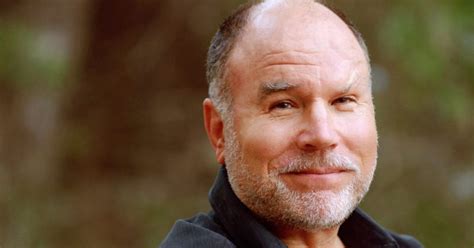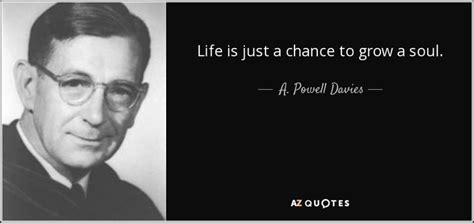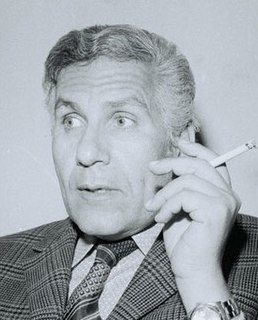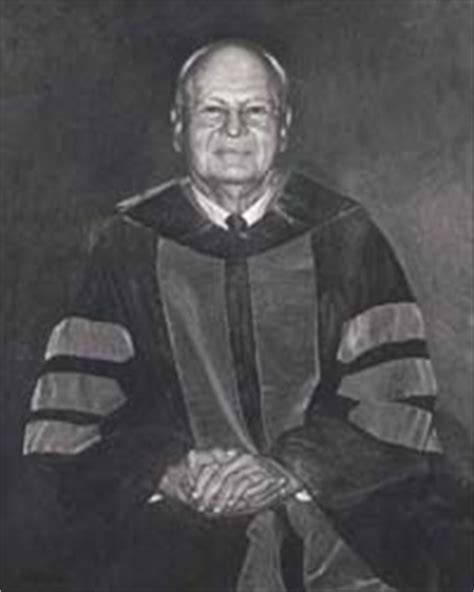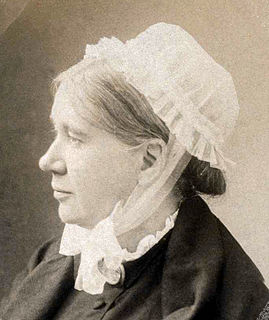A Quote by Joseph Wood Krutch
True tragedy may be defined as a dramatic work in which the outward failure of the principal personage is compensated for by the dignity and greatness of his character.
Related Quotes
One's appearance bespeaks dignity corresponding to the depth of his character. One's concentrated effort, serene attitude, taciturn air, courteous disposition, thoroughly polite bearing, gritted teeth with a piercing look - each of these reveals dignity. Such outward appearance, in short, comes from constant attentiveness and seriousness.
The character of greatness must be measured in two ways, else the measurement is flawed. First, and by far most popular of all, is by one's ability to succeed in times of trial where others may fail. But of no less importance, and perhaps foundational to any form of greatness, is one's willingness to start over in spite of failure, when success seems farthest away.
Misfortune occurs or can occur to anyone, of any sort of character. The eudaimonic has more resources to avoid it (being in autonomous control of his appetites and assumptions) and more resources to deal with it if it occurs (being better able to put it in perspective and maintain his own evenness of self-mastery). Tragedy as a dramatic form is meant to foster the ethos of sophrosyne or moderation, "nothing to excess"; it nurtures a sense of distance from the dominant illusions and delusions that may infect even aristoi.
The way in which a man accepts his fate and all the suffering it entails, the way in which he takes up his cross, gives him ample opportunity — even under the most difficult circumstances — to add a deeper meaning to his life. It may remain brave, dignified and unselfish. Or in the bitter fight for self preservation he may forget his human dignity and become no more than an animal
True inward quietness is not that which may be produced by shutting out all outward causes of distraction -- a process which, when carried out too severely, may intensify the inward ferment of the mind, especially in the young. It is rather a state of stable equilibrium; it is not vacancy, but stability -- the steadfastness of a single purpose.



